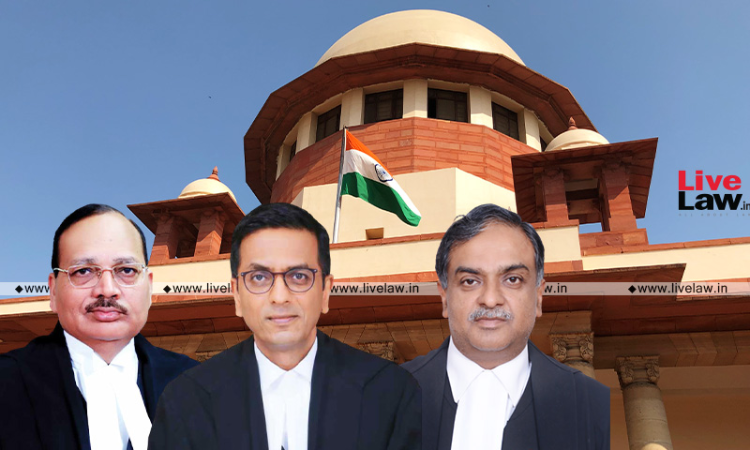IBC- Operational Debt Includes Advance Payment Made To A Corporate Debtor For Supply Of Goods Or Services: Supreme Court
Ashok KM
4 Feb 2022 7:50 PM IST

Next Story
4 Feb 2022 7:50 PM IST
The Supreme Court observed that operational creditor includes all those who provide or receive operational services from the corporate debtor, which ultimately lead to an operational debt.A debt which arises out of advance payment made to a corporate debtor for supply of goods or services would be considered as an operational debt, the bench comprising Justices DY Chandrachud, Surya Kant...
